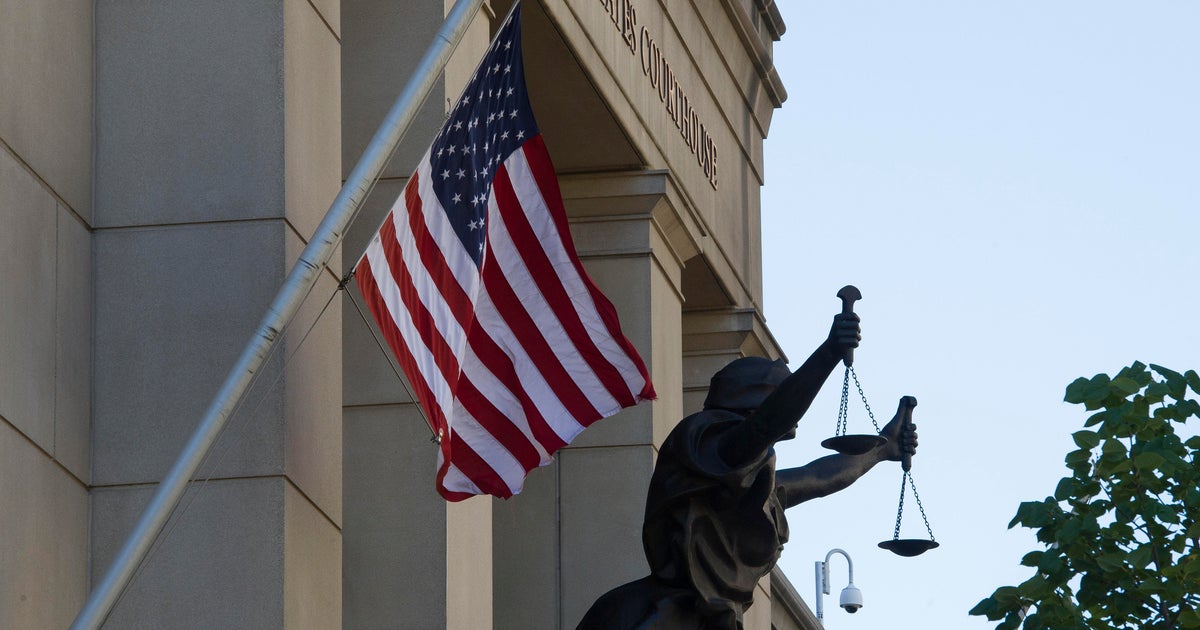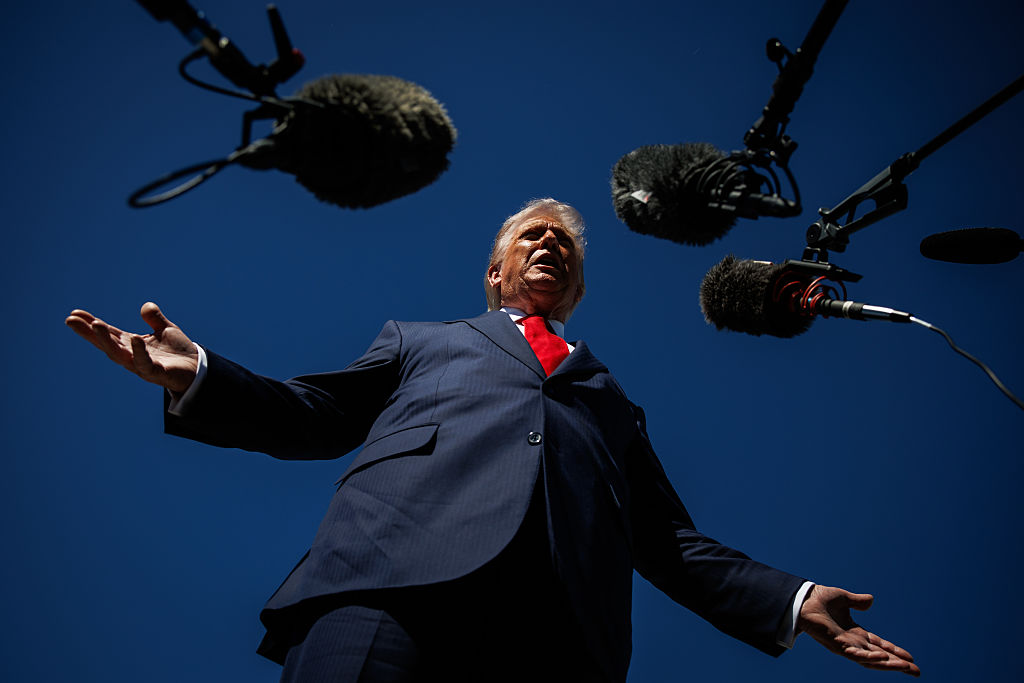2 memos later, a House Committee fractures and appears to lose its way
WASHINGTON -- For the second week in a row, members of the House Intelligence Committee gathered at 5 p.m. on a Monday -- putting aside the routine Committee business of getting briefed on the world's most pressing security threats -- to debate the value of publicly releasing a classified document on alleged surveillance abuses by the nation's top law enforcement agency.
And more than three weeks after the GOP memo controversy first began to percolate, one question increasingly posed, both by observers of the committee and by its own members, seems to be: what good did releasing the memos do?
Both Republicans and Democrats have said they voted to make public their respective memos reluctantly, out of something like obligation, and despite concerns that doing so would have lasting implications for the Committee's main role of providing oversight over the country's 17 intelligence agencies.
Asked if Republicans on the Committee should have executed the release of their memo differently, Rep. Mike Conaway, R-Texas, said, "Oh, I don't know. Let's let the whole circumstance play out and see where we wind up and what gets done and then we can do a kind of after-action review ... to see what can be done better."
Even after a unanimous vote to have their memo released, the Democrats only cautiously declared victory -- laying the ultimate question of how extensively redacted the public version of their memo will be at the feet of the FBI.
In remarks to reporters following the Committee's vote, top Democrat Rep. Adam Schiff, D-California, said the DOJ and FBI had already had the Democrats' memo "for several days." Schiff also said the minority intends to "make sure that any redactions that are made are fully explained by the FBI and the Department of Justice and likewise by the White House," because any redactions made for political purposes would be "a deep concern."
Under the rule used to make the memo public, President Trump now has five days to review it and decide whether to object to its release.
But even as Schiff expressed hopes that the Committee would now return "in earnest" to the investigation it was charged with carrying out, indications that that investigation would continue smoothly or conclude impartially have seemed, in recent weeks, to fade.
The Committee has spent nearly half of January and the start of February litigating the merits of releasing their dueling memos, though Republicans have said they still want to hear from FBI officials Bruce Ohr, Lisa Page and Peter Strzok. Its members continue to struggle to force former chief White House strategist Steve Bannon to comply with an outstanding subpoena -- his scheduled Tuesday appearance was postponed on Monday night for at least the third time -- and have yet to firmly schedule a second interview with former Trump campaign manager Corey Lewandowski or a first one with White House communications director Hope Hicks.
And in an interview with Fox News on Monday, Committee Chairman Devin Nunes, R-California, doubled down on previous remarks that the Committee will pursue "Phase 2" of an investigation related to, but separate from, its ongoing Russia investigation -- this one said to be focused on "irregularities" at the State Department.
For the moment, the number and focus of ancillary, investigatory phases seem to be mostly mysterious to the Committee's Democrats and Republicans alike.
Rep. Joaquin Castro, D-Texas, said the majority is "trying to run a parallel investigation and try to hijack the main purpose of our investigation, which is to get to the bottom of who interfered in our elections and why."
Republicans Conaway and Rep. Tom Rooney, R-Florida, both denied knowing much about how or why the new investigative phases began or how long they would be carried out.
"I haven't talked to him about that," Rooney said.
Rooney was among several Republican members seemingly wearied by the Committee's relentless partisan acrimony and the constantly expanding scope of the Russia probe and its offshoots.
"We have switched our focus from intelligence oversight to the Russia investigation, coupled with the Steele dossier," he said.
Conaway echoed Rooney's concerns. "We only have a certain amount of time in a day," he said. "We might be spending more time on what North Korea's doing and China's doing and Iran and all the things that are out there."
Nonetheless, Conaway declared full confidence in Nunes' leadership. Asked about recent calls by Democratic leadership for Nunes' removal, he said, "That's just political theater."
"Devin's doing a great job as chair," he added.



